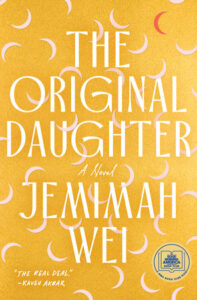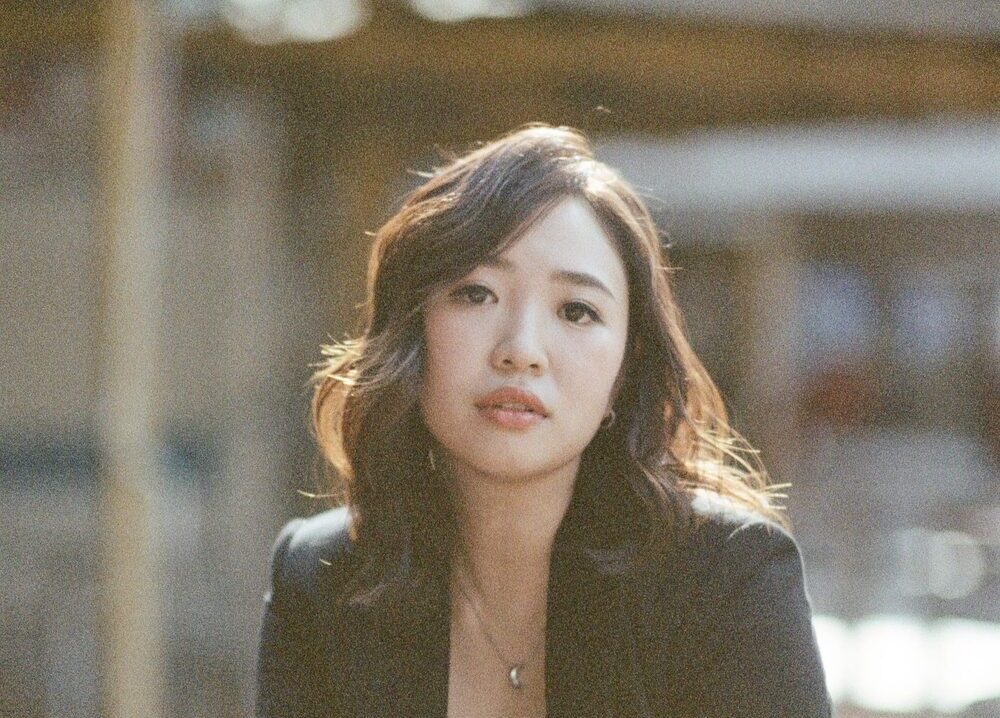Nine years in the making, Jemimah Wei’s debut novel is a complicated story of two sisters who found and lost each other amidst the busy, urban, competitive island of Singapore. It provides a glimpse of Singapore without the glitz and glamour, a Singapore in which the expectation of excellence drives a wedge through even the strongest bonds of sisterhood.

The novel opens with Genevieve Yang living in her family’s old apartment with her mother, who is suffering from a terminal illness. As she feels her life reaching its end, the mother wishes to see Genevieve’s adopted daughter, Arin, a movie star who travels for her work. Genevieve—working a dead-end job and carrying the burden of watching their mother waste away—struggles to reach out to her jet-setting sister.
The two sisters’ history then unravels, revealing how unexpectedly Arin comes into the Yang family’s one-bed apartment in a housing development block, how Arin’s father is a half-brother to Genevieve’s father, and how, at eight years old, Genevieve has to learn how to be an older sister. She takes the duty seriously, standing up for Arin at school and at home where her grandmother, unable to fathom her husband’s betrayal, refuses to accept Arin. But as Arin grows close to Genevieve’s mother and thrives in school, Genevieve begins to see her own place in the family and in society threatened. Her very effort to prepare Arin for the endless competitions plaguing Singaporean society—to ace a school system that only accepts perfect results, to enrol in a prestigious university, or even to make it as a viral YouTube video host—mutates into a competitive relationship between Arin and Genevieve herself, as the latter continuously misses the mark, from failing her A Levels to working full-time in an ice-cream shop nearby. Meanwhile, Arin, the adopted daughter, the newcomer to Singapore, overcomes all the challenges that came her way.
Torn between her duty to be a supportive sister and a humiliating, aching sense of failure, Genevieve leaves her family against both her mother and sister’s request and relocates to New Zealand. In Christchurch, Genevieve finds a new community. Wei captures the thrill of emigrating, of becoming one’s own person beyond daughter and sister: Genevieve finds part-time work and a home away from home at an independent cinema, and strikes up a friendship with Micah, a young American who works at the hostel that Genevieve’s landlady owns.
Yet Genevieve’s reprieve from her corruption arc is brief: one day, Genevieve gets assaulted on her way home. The exciting foreign country becomes an alienating landscape, and Genevieve reconnects with her sister for some solace. Yet from this solace also comes betrayal—Arin uses Genevieve’s experience as research for her first ever movie role, one that would launch her into further success. The brutal inverted trajectories of sisters escalate: one’s rock-bottom moment becomes the other’s rise to fame. Both sisters proceed to hurting one another, choosing the silent treatment over communication, all the way up to their mother’s diagnosis.
Reconciliation comes reluctantly, for the sisters—Wei delicately explores the complex pain of being hurt by someone you at once love and envy. Wei’s centring of the story in the complexities of sisterly love is a refreshing perspective in a world of stories that often prioritise romance. At the same time, this emphasis on the relationship between the sisters leaves little space to examine the many heavy themes that the story brought up—from sexual assault to the fraught relationship between Genevieve and her mother.
The Original Daughter is an ambitious debut that brings together a set of layered characters with complicated relationships. While there is perhaps one too many complex themes presented for the story to dive deep, Wei is not shy to explore the messier side of siblinghood, experiment with a corruption arc, and present a version of Singapore that is far from the glitzy images from popular stories such as Crazy Rich Asians.


You must be logged in to post a comment.